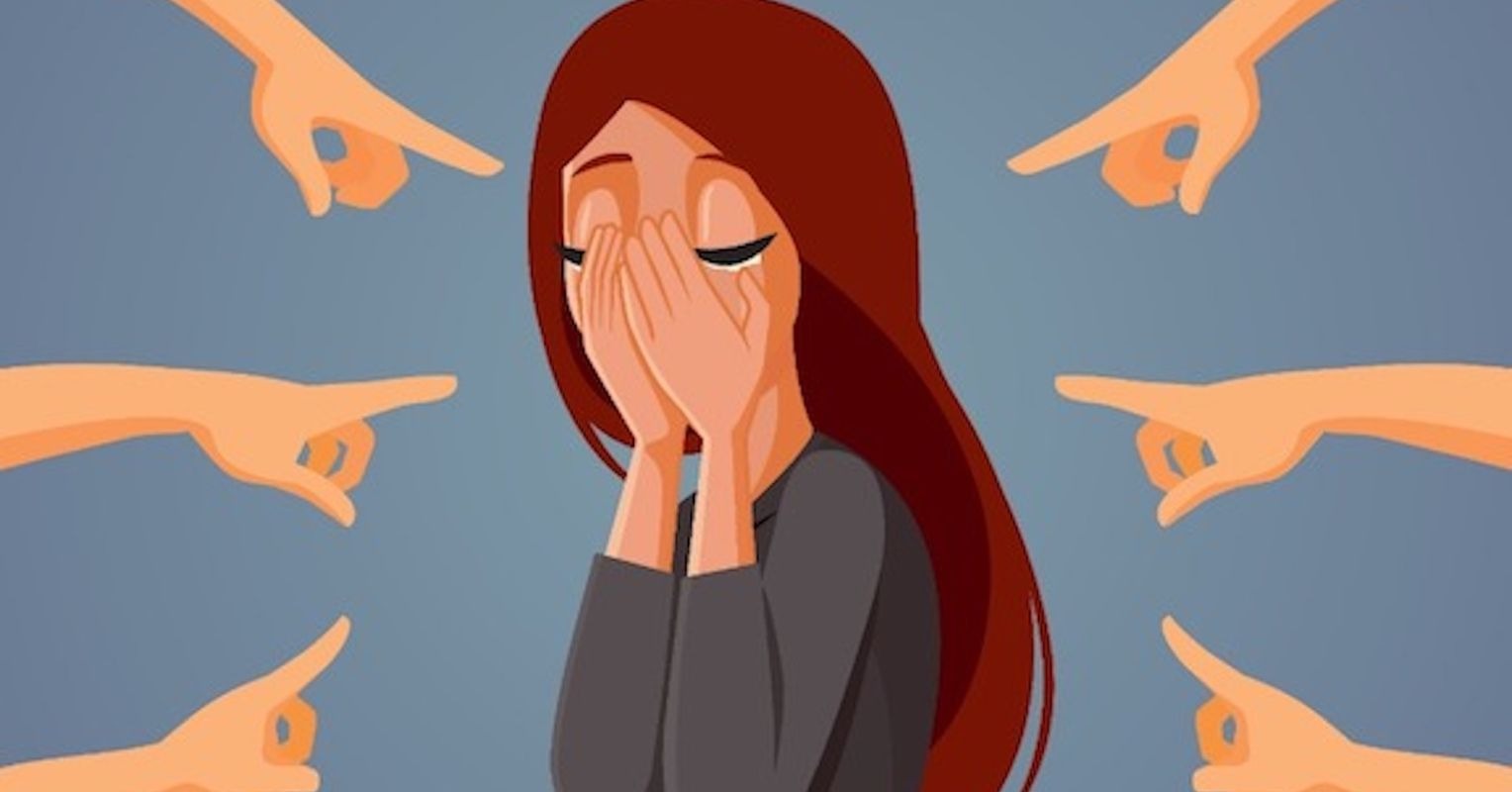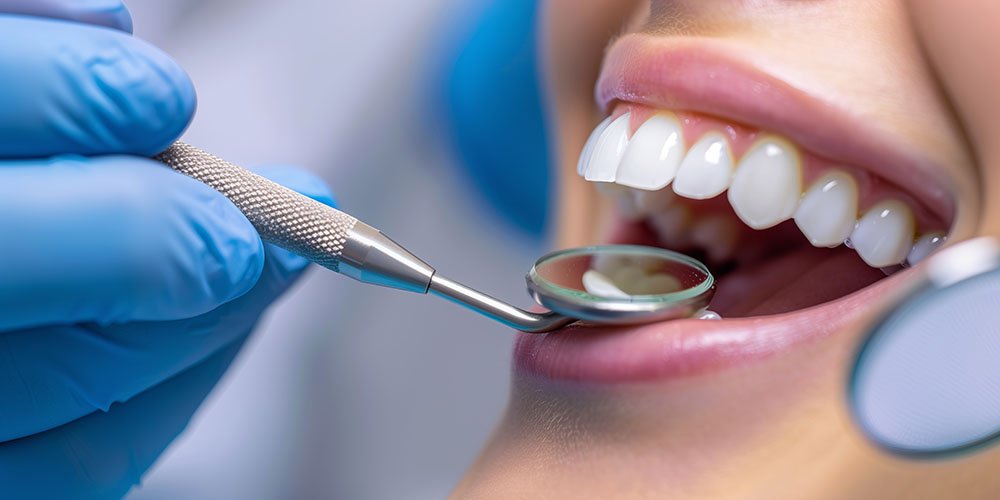Shame is a silent and insidious emotion that, unattended to, can easily and gently mold our lives as though it were Play-Doh. Guilt is about what we did wrong, while shame attacks the core of who we are it tells us that we are somehow broken or deficient. This core belief can play out in a multitude of behaviors, however some of the more common ones are defensiveness and aggression. Behaviors that are not only harm to ourselves, but can also create distance in relationships and block our own expansion. It is important to recognize how unhealed shame can make us react this way, in order to consider healing and looking for professional help.
The Root of Shame
Shame, although a universal emotion, the origins of it can vary vastly based off personal experience. Many times, it has its origin in experiences from early childhood, and sometimes being raised in conditions where love or approval/ validation was given as per certain conditions. Maybe a child who had been heavily criticised or compared badly against others may grow up believing that they will never be enough. These beliefs can stick with us into adulthood, where shame resides popping up at times when we face tough situations.
Shame is also often deeply rooted in cultural and social norms. There is an incredible amount of pressure particularly in our societies for all to conform to certain norms, whether in physical appearance, behaviour or success. Not meeting these needs can create a sense of insufficiency and worthlessness prompting people to retreat or attack instead.
Defensiveness: Protecting the Self
When ashamed, people, in general, will want to protect themselves from more emotional suffering. And defensiveness is just one of those protective mechanisms. Rather than admit or face the source of shame, people may deny what they are feeling or blame others. This is stereotypical and can happen in a relationship where one of the partners, feeling inferior or insecure, reacts defiantly or simply refuses to assume responsibility.
Here are some common ways defensiveness may show up:
- Finger-pointing: This is when you shift the focus away from something you did wrong and to something negative someone else possesses. They do this to save their self-image but puts a dent when it comes to trust in relationships.
- Stonewalling: If you are feeling shame, instead of talking or examining the situation at hand, you might emotionally check out. This evasiveness avoids the conflict being resolved which can cause feelings of alienation or abandonment.
- Minimizing: People who minimize their actions or emotions will insist their feelings are not as bad or the problem is no big dealcontributed to how that person acted.restart the harmful cycle of feeling agoaway from confronting yourself in discomfort. In doing so, they try to keep their face while at the same time escaping exposure to their shame.
Defensiveness can help to take the edge off the pain of shame temporarily, but it often has much more lasting and conflict-ridden effects on our relationships. This means that often our partners, friends or family members can feel neglected and become more resentful because they think you are not listening to them.
Aggression: Lashing Out as a Defense Mechanism
At other times shame can also metamorphose into sheer aggression. Shamed individuals can sometimes feel backed against a wall, and when this happens they may lash out at others in an effort to regain control of the situation or protect their precious self-esteem. Aggression Aggression is a way of focusing anger instead of fear outwards, just like defensiveness.
Several Aspects of Shame-Driven Aggression
- Examples: Not even responding when someone speaks to you Insults Belittling others Use harsh language to intimidate or hurt Often, the object is to try to make others feel small or less than and when this occurs, the pendulum swings in favor for those feeling superior.
- Physical aggression: Shame that has not been addressed can lead to physical violence in the most severe cases. This occurs especially among people whose sole coping mechanism with their shame is through fear, intimidation or damage.
- Passive-aggressive behavior: Whereby an individual channels their aggression in a non-direct way, perhaps through sarcasm, backhanded compliments or purposeful undermining instead of direct confrontation. In a deeper sense, that can be a hint that the person is involved with some unworthiness and guilt issues, even if this is an UNconscious behavior.
Breaking the Cycle
It is a powerful and toxic cycle of shame, defensiveness, and aggression that can be deadly for relationships and health overall. But these behaviors are not irredeemable. The first step in healing here is acknowledging that at the root of these negative responses lies unhealed shame.
Understanding Your Shame
To start to dismantle shame, it is important to identify the root of where it comes from. Where does this overwhelming feeling of worthlessness originate? Where these feelings are stemming from (eg: a relationship or experience) Reflecting on yourself, journaling and conversations with a friend or therapist are good ways to discover where these root causes lie.
Developing Self-Compassion
Self-compassion is perhaps the greatest antidote to shame. Healing will come when we wrap our arms around ourselves, and love ourselves into a better day. Simply that we can look into our mistakes or failures and acknowledge they exist without claiming ownership of them, treating ourselves with grace and forgiveness as you would offer a loved one.
Therapy: A Path to Healing
In some cases, the most appropriate way to deal with embarassment is expert counseling or therapy. A therapist who is trained in this area can help dig deep into what may have led to that shame, work wider some of these defensive or aggressive behaviors and even give them tools so they are not completely ruled BY their shame.
Counselling offers a secure environment to face that shame, without fear of experiencing negative judgement. One way this can be done is through cognitive-behavioral therapy (CBT), which can help individuals challenge their negative self-perceptions and create more positive self-concept. In cases where unaddressed shame has resulted in rifts between loved ones, family therapy can also prove helpful. Here at All in the Family Counselling, we guide you as to how you can manage this situation and still make a happier life from it.
Seeking Help: It’s Never Too Late
Shame can lead you to some very dark places if you let it, but do not allow shame to define the rest of your days. If you keep hearing from your friends about how defensive and aggressive you gets, or if constantly feel like you are not enough, then it`is time to seek help. That is where some professional counseling come in the picture would give you some tools that could provide you as how to let it go and help you relate with yourself an others much better.
Do not allow it to continue, wreaking havoc in your life any longer. If this is you, don’t wait any longer seek a qualified therapist who can assist in your journey of self-healing and growth.
Conclusion
Your defenses and aggressive behaviors come out of unacknowledged unresolved shame but you can commitment to do the work to break those patterns. By becoming aware of what you struggle with, having compassion for yourself and going to a therpist you can work through your shame and allow more than just lonely suffering relationships into your life. Shame really flourishes in that dark corner, but the wound begins to heal as soon as you ask for help.
Get Help Now
Contact All in the Family Counselling, we offer the therapy services you need to help you work through shame and live a happier, healthier life.





